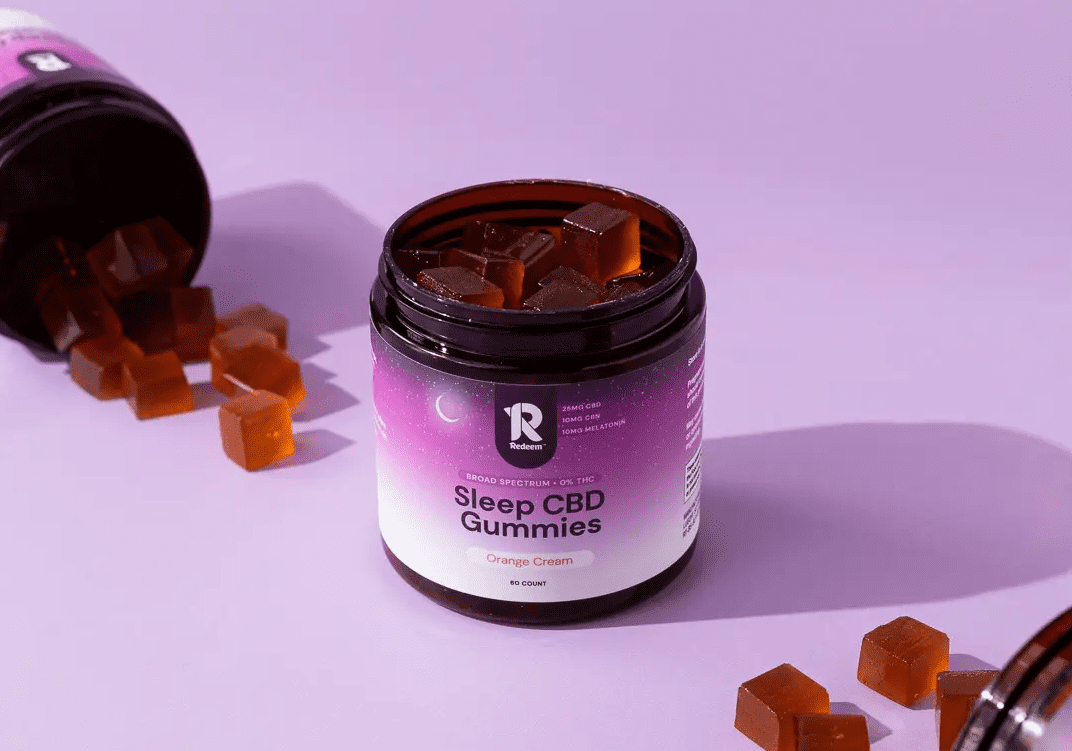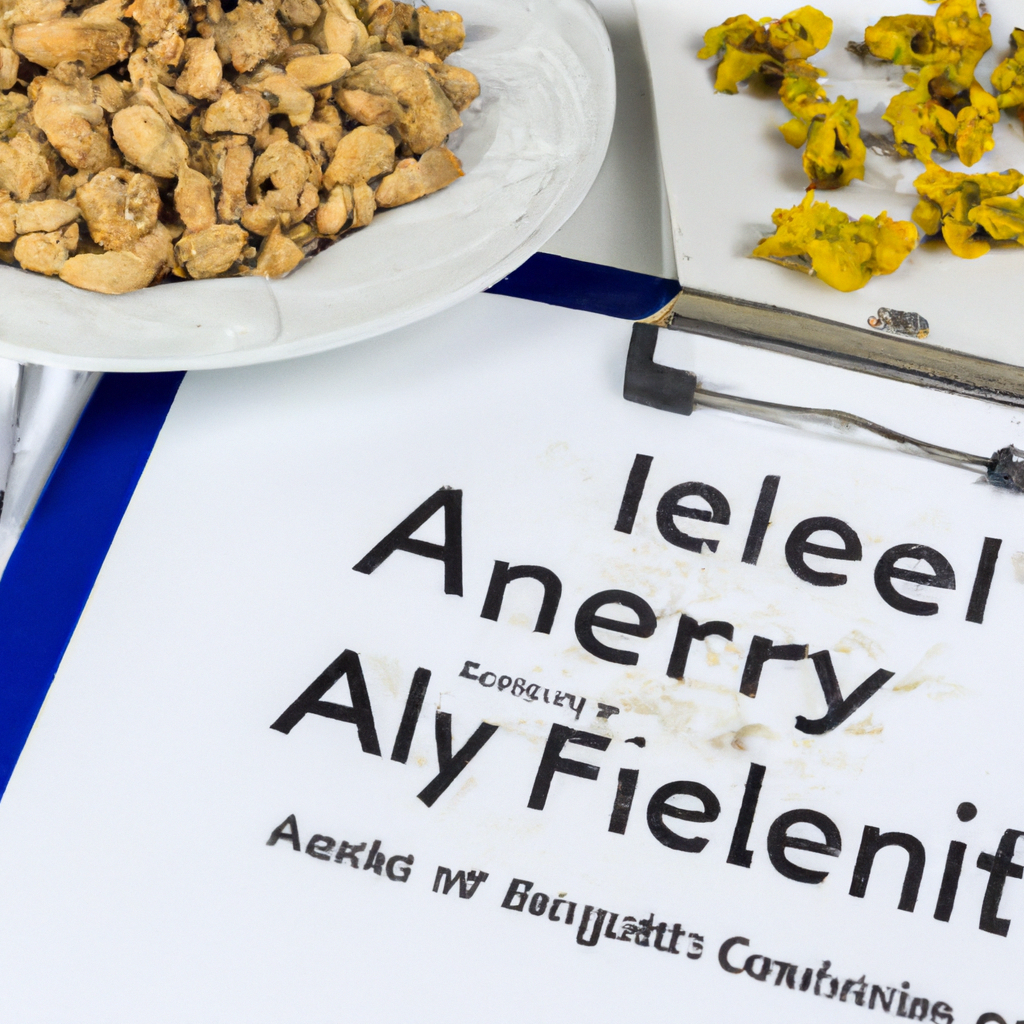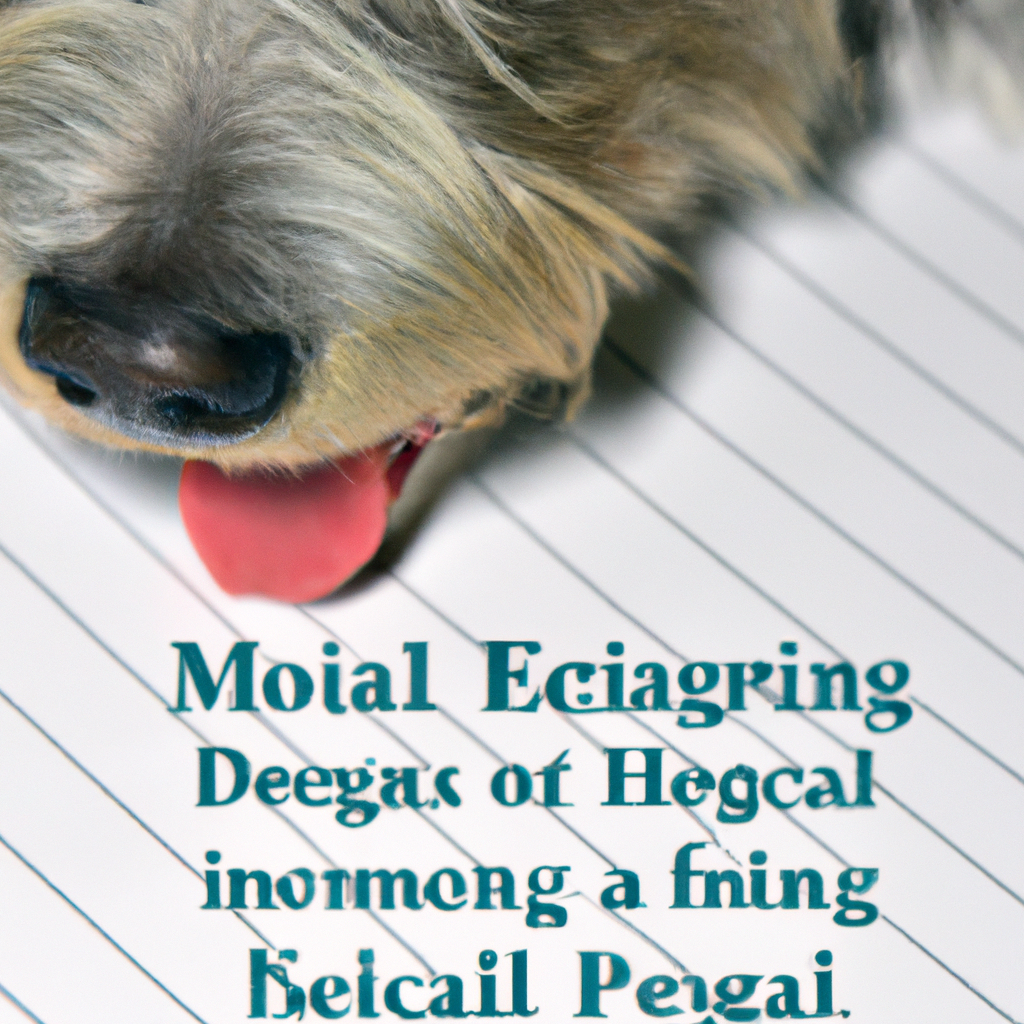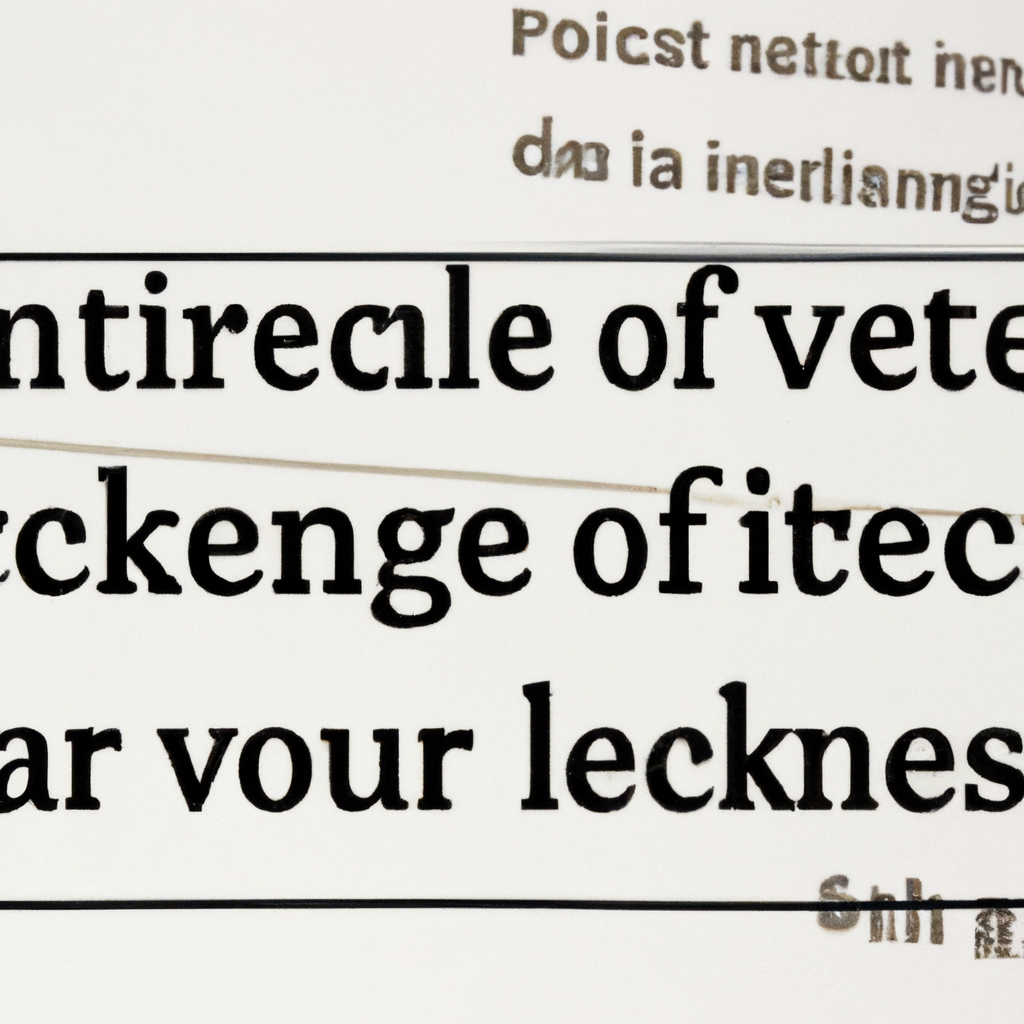Dental Care for Dogs: Tips for Maintaining Good Oral Health
For dogs, a bright smile is as important as a wagging tail. Just like humans, they need good dental
Unleashing the Smiles: Discover the Secrets to Pearly Whites for Your Canine Companions
They rush to greet us with tail wags and slobbery kisses, embracing us with unwavering loyalty and affection. Their endearing nature and boundless love make our furry friends an indispensable part of our lives. But when it comes to their oral health, are we giving our canine companions the attention they deserve? While it’s easy to overlook those glistening teeth hidden behind their playful grins, neglecting our dogs’ dental care can have serious consequences for their overall well-being. Fear not, adventurous pet parents! In this enlightening guide, we embark on a journey to unlock the secrets of maintaining good oral health for our beloved four-legged family members. From top-notch brushing techniques to mouthwatering treats, prepare to dive into the world of canine dental care, where healthier smiles await. Get ready to make tails wag and teeth shine!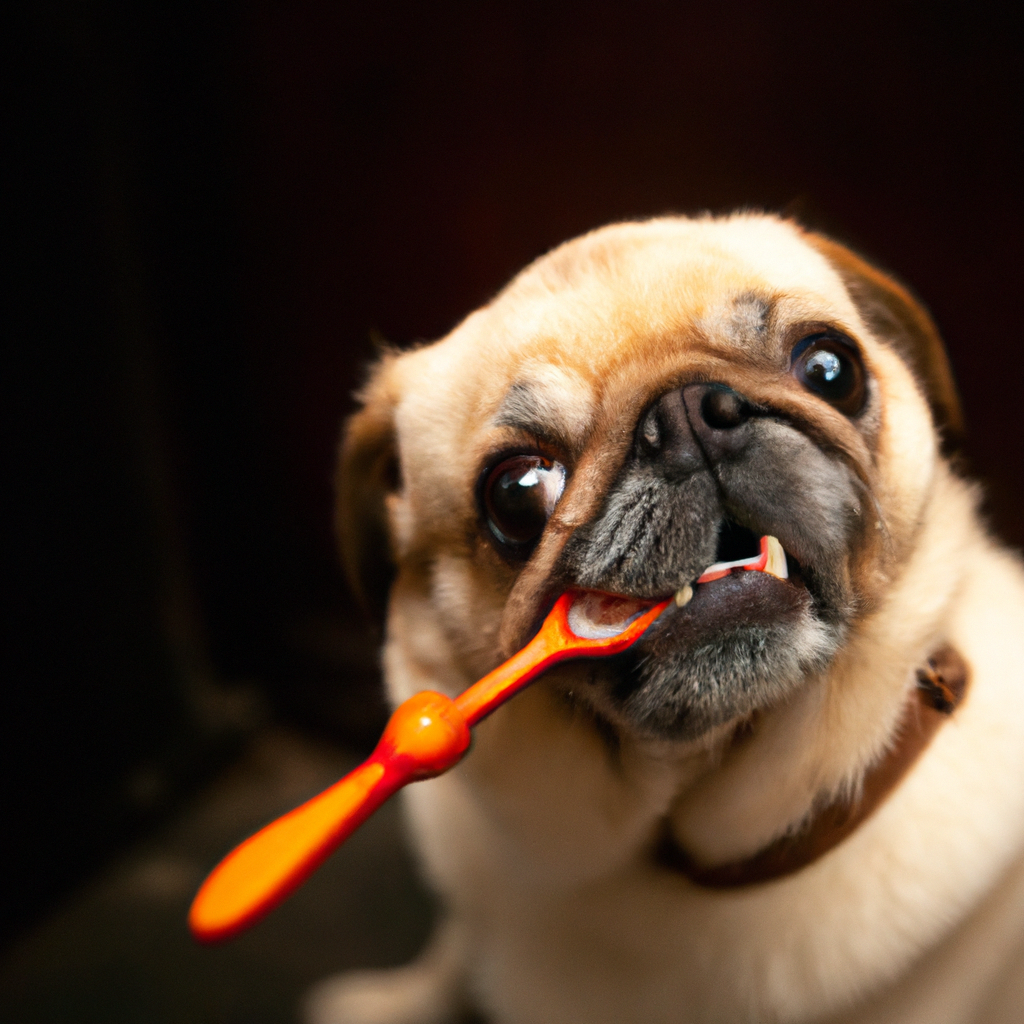
The Importance of Dental Care for Dogs: Promoting Overall Health and Well-being
When it comes to our furry friends, dental care is often overlooked. However, maintaining good oral hygiene in dogs is crucial for their overall health and well-being. Just like humans, dogs can suffer from various dental problems such as gum disease, plaque buildup, and tooth decay. By prioritizing their dental care, we can help prevent these issues and ensure our pups lead happy and healthy lives.
Prevention is Key:
- Regular brushing: Brushing your dog’s teeth at least a few times a week drastically reduces the risk of dental problems. Use a dog toothbrush and toothpaste to gently clean their teeth and gums.
- Chew toys: Providing your pup with appropriate chew toys not only helps keep their teeth clean but also strengthens their jaw muscles. Opt for toys designed to promote dental health, such as those with textured surfaces or built-in bristles.
The Health Connection:
- Heart health: Dental issues in dogs can lead to bacteria entering their bloodstream, potentially causing heart problems. Regular dental care minimizes this risk and promotes a healthier heart.
- Overall well-being: Unaddressed dental issues can cause discomfort, pain, and decreased appetite in dogs. By taking care of their teeth and gums, we can ensure they enjoy their favorite activities, eat properly, and remain happy and energetic.
Key Signs of Poor Oral Health in Dogs: How to Identify Dental Issues
As pet parents, it’s crucial to be vigilant about our furry friends’ oral health. Our dogs may not be able to tell us when they have a toothache, but there are plenty of signs that can help us identify dental issues. By knowing what to look for, we can ensure our canine companions receive the dental care they need. Here are some key signs to watch out for:
1. Bad Breath: If your dog’s breath could clear a room, it might be a sign of poor oral health. Persistent bad breath, or halitosis, could indicate the presence of gum disease, tooth decay, or an infection.
2. Tartar and Discolored Teeth: Check your dog’s teeth regularly for tartar buildup and discoloration. Tartar appears as a yellow or brown accumulation on the teeth and can lead to inflammation and gum disease. Discolored teeth could be a sign of tooth decay or infection.
3. Irritated or Bleeding Gums: Healthy gums should be pink and free from swelling or bleeding. If you notice redness, inflammation, or bleeding when examining your dog’s gums, it could indicate the presence of periodontal disease.
4. Difficulty Chewing or Loss of Appetite: Dental issues can make it painful for dogs to chew their food. If your pup starts to show difficulty chewing or loses interest in eating, it could be a sign of dental problems such as broken teeth, abscesses, or oral discomfort.
5. Pawing at the Face or Mouth: Dogs experiencing oral pain often resort to pawing at their face or mouth in an attempt to alleviate discomfort. If you notice your dog pawing at their face excessively, it’s essential to investigate further.
6. Excessive Drooling: While some drooling is normal for dogs, excessive drooling can be a sign of oral health issues. Excessive saliva production may be triggered by toothaches, mouth infections, or the presence of foreign bodies.
By paying attention to these key signs, you can be proactive in identifying potential dental issues in your furry friend. If you notice any of these symptoms, it’s important to consult with your veterinarian for an accurate diagnosis and prompt treatment to keep your dog’s oral health well-maintained and their smile bright.
Effective Ways to Promote Good Oral Hygiene in Dogs: Expert Tips and Recommendations
Ensuring good oral hygiene in dogs is essential for their overall health and well-being. Just like humans, dogs can also suffer from dental problems such as tooth decay, gum disease, and bad breath. To help maintain your furry friend’s dental health, our experts have compiled some effective tips and recommendations:
1. Regular Brushing: One of the best ways to promote good oral hygiene in dogs is by brushing their teeth regularly. Use a toothbrush and toothpaste specifically designed for dogs, and gently brush their teeth in small circular motions. Start by introducing it slowly to get them used to the process.
2. Dental Chew Toys: Chewing on appropriate toys can help remove plaque and tartar buildup in dogs’ teeth. Look for dental chew toys that are specifically designed to promote oral health. These toys are usually made with textures and materials that help clean the teeth and massage the gums as your dog chews on them.

Common Dental Care Mistakes to Avoid: Ensuring Optimal Dental Health for Your Canine Companion
Not taking your dog for regular dental check-ups: One of the most common dental care mistakes pet owners make is not taking their canine companions for regular dental check-ups. Just like humans, dogs need to have their teeth and gums checked regularly by a professional. A dental examination can identify any underlying issues such as tooth decay, gum disease, or tartar build-up. By neglecting these check-ups, you may unknowingly be putting your dog’s dental health at risk.
Not providing proper dental hygiene at home: Another mistake to avoid is not providing proper dental hygiene at home for your furry friend. While professional cleanings are essential, daily oral care is equally important. Many pet owners neglect this aspect, leading to potential dental problems. To maintain optimal dental health, make sure to:
- Brush your dog’s teeth regularly using a dog-specific toothbrush and toothpaste.
- Offer dental-friendly chew toys that can help clean their teeth and massage their gums.
- Provide a balanced diet that includes dental-friendly foods.
- Avoid feeding your dog sugary, sticky treats that can lead to tooth decay.
By avoiding these common dental care mistakes, you can ensure that your canine companion enjoys optimal dental health and a bright, healthy smile.
In Retrospect
As we conclude our exploration into the world of dental care for our furry companions, we hope to have shed some light on the importance of maintaining good oral health for dogs. Just like us humans, our canine friends also benefit from a healthy mouth and a radiant smile.
Remember, dental hygiene is not just about fresh breath and pearly whites; it plays a vital role in your dog’s overall well-being. By following the simple tips we have shared, you can ensure that your furry friend enjoys a lifetime of strong teeth and a sparkling grin.
So, let’s take a moment to appreciate those wagging tails and those infectious doggy smiles that light up our lives. Let’s make a commitment to prioritize our dogs’ dental care and give them the gift of a pain-free mouth and a happy, healthy life.
In the end, whether it’s those daily brushing rituals, regular vet visits, or providing appropriate chew toys, your effort will never go unnoticed by your canine companion. By investing in their dental care, you are investing in their happiness and longevity.
So go ahead, open wide and embrace the journey of promoting dental health for your furry friend. As you witness those tail wags of gratitude and those gleaming teeth, you’ll know that you have played a significant role in giving your dog the best possible care.
Here’s to the joy of doggy kisses and the rewards of a bright smile. Cheers to dental care for dogs, where good oral health leads to a lifetime of happiness.
